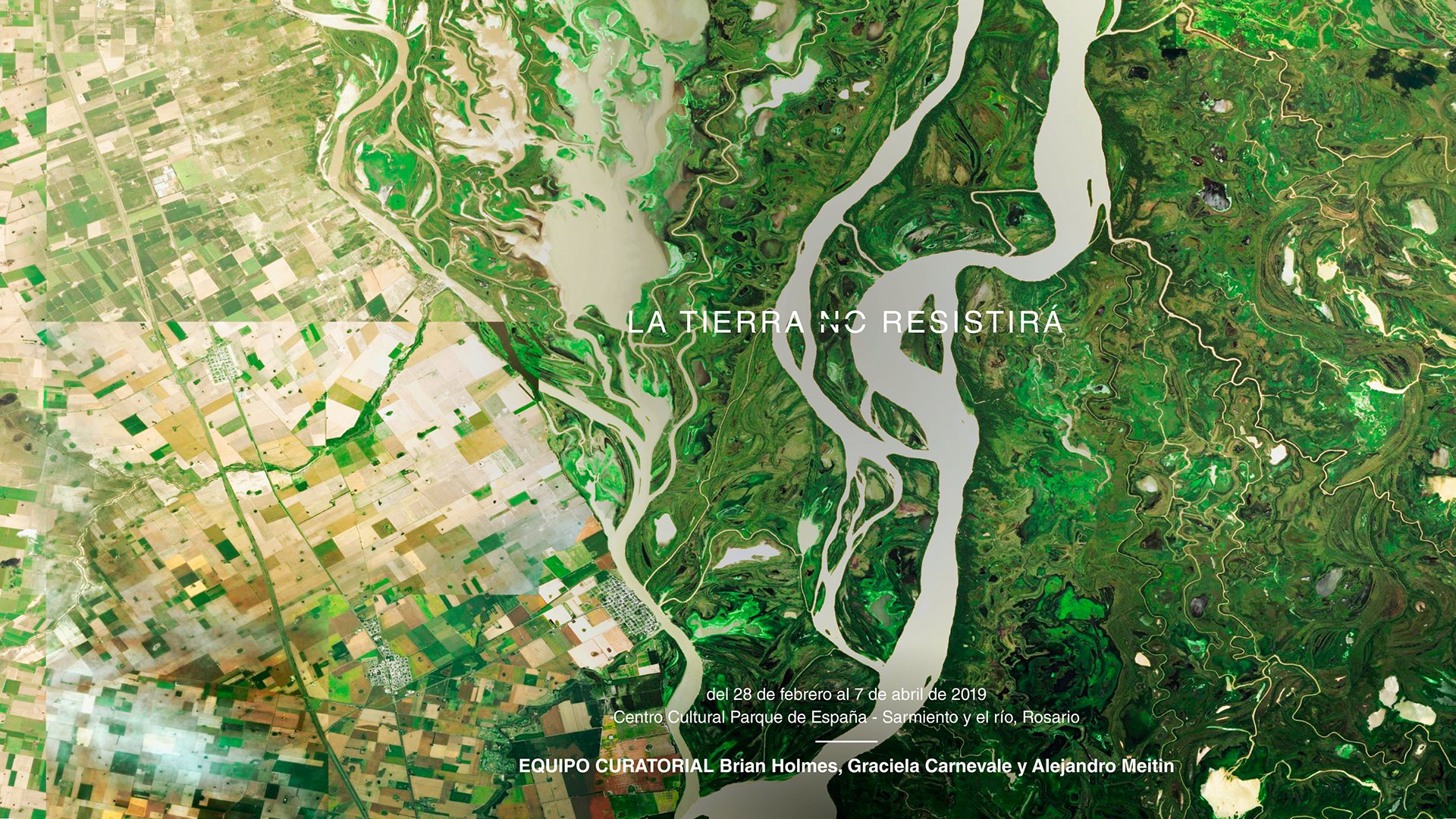Casa Rio Lab
Casa Río Power to do Lab, (2017 > ongoing) is a laboratory located in a small riverside town named Punta Lara, in the south coast of the Rio de la Plata Estuary near Buenos Aires. Casa Río Lab is a place for research on practices—as the name says, a to do lab—and has an influence on the entire area of La Plata Basin, where our work has been focused for many years. At this time Casa Río Lab is made up of a group of artists, lawyers, architects, biologists, and young computer scientists. It is specifically focused on working on micro but also macro-political issues in the form of a research study.
We have launched directly into a vast territory of a large-scale initiative called Humedales Sin Fronteras [Wetlands Without Borders]. It is somewhat the consolidation of a project that we have been working on in the basins as a governance laboratory with local artists and communities, with regional nodes and organizations in Brazil, Bolivia, Paraguay, and Argentina. We are working on global or bioregional axes on several issues all of which are focused on the La Plata Basin area, such as specific defense interests on the construction of large mega-dams, the creation of biocultural corridors, or the delta’s daily sustainable development.
We work with more than 40 organizations at the territorial level. By inviting political actors, community actors, and scientists into this bioregional initiative we are incorporating the perspective of artistic practice and social transformation onto large-scale dimensions with a geopolitical analysis. The idea is that the distinctiveness of these types of networks—of organizations that can function in many parts of the world—that work in the form of regional alliances have real impact on decision-making processes.
We work with young people, women’s groups, grassroots organizations, and representatives of the scientific field as importantly as with those in the political sphere to create a new approach to these areas in the decision-making process. That is why the vision of governance that we speak of is not the vision of governance of, say, The World Bank, but rather the construction of a political muscle that is developed from a territorial perspective and what we define as the vocation of place. To not repeat a discourse created in the United States or in Europe, or even continue an artistic practice clearly influenced by the United States-Europe axis, but instead to create our own adventure, our own utopia, our own form of creation related to this territory, with this community.
That does not mean that it is independent of what is happening on the global scale. It simply means that we need to decolonize our thinking and work on the foundations of what our territory has to say.
In this context we developed also a subprogram called Territoriosde Colaboración, Pedagogías de lo Anegado [Video: Collaborative Territories, Flooded Pedagogies] where we connect artists who have a long history of working in social contexts with communities that have a long history in social transformation, and together these groups generated five campaigns along 400 kilometers in wetland territories of the great Paraná River delta. The emerging works of this transversal assembly were produced and presented as part of the international exhibition “The Earth Will Not Abide” in April 2019 in the city of Rosario, one of the largest grain exporting ports in the world. We also held a 3-day convening of forty people, including representatives of NGOs, environmentalists, local political figures, journalists, artists, and inhabitants of the islands. We included people expelled from their lands for fighting for the approval of a “WetlandLaw” which would have provided a conservation framework for riverine environments in Argentina, including its human and non-human inhabitants. A key part of this work was the creation of an interactive map, made with open source mapping technology.
Photo Credits:
1-3. Casa Rio Lab
4. Moisture gives life. Photo Carlos Javier Diaz de la Sota
5. Wetland Law Now! Leterpress CollaborativeTerritories -Pedagogies of the flooded, Casa Rio Lab, Photo Alejandro Meitin
Casa Rio Lab
- Authors: Casa Rio Lab
- Location: Buenos Aires / Argentina
- Year: 1991 > ongoing
- Budget: 50.000€ per year
- URL: https://www.casariolab.art/

